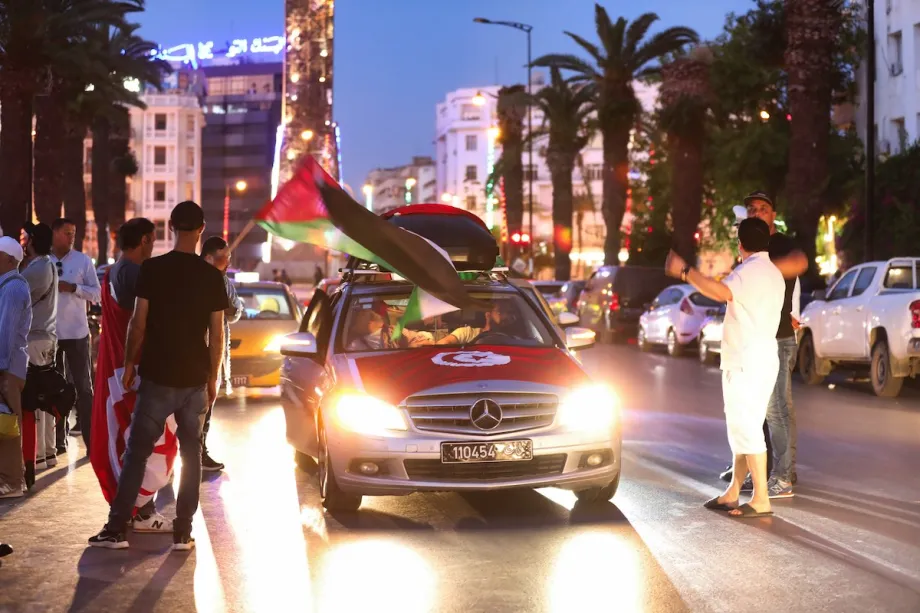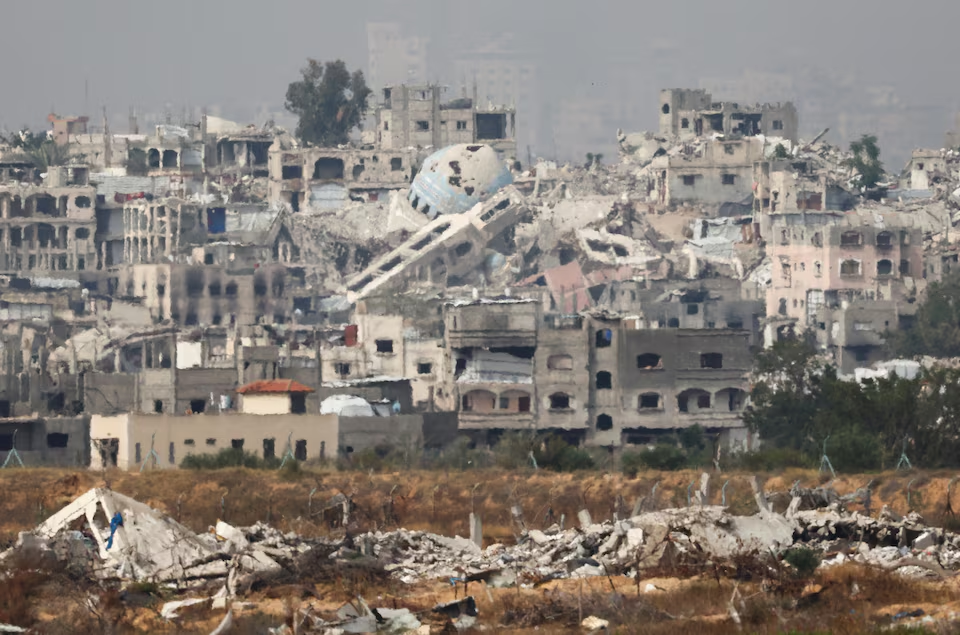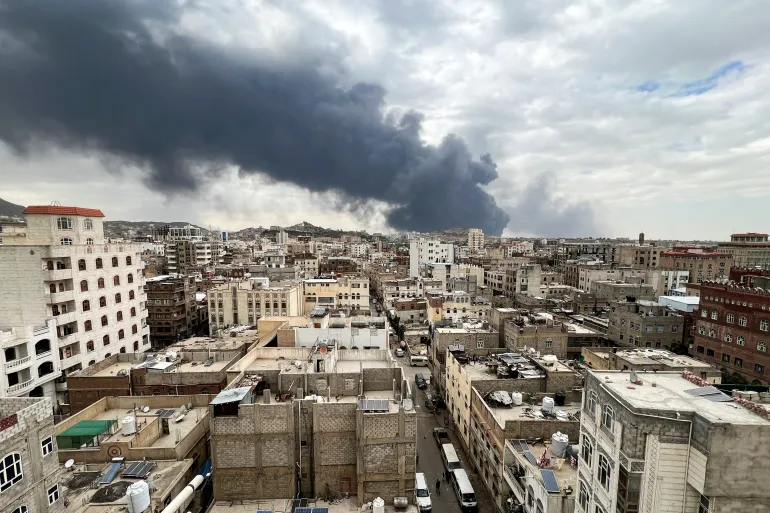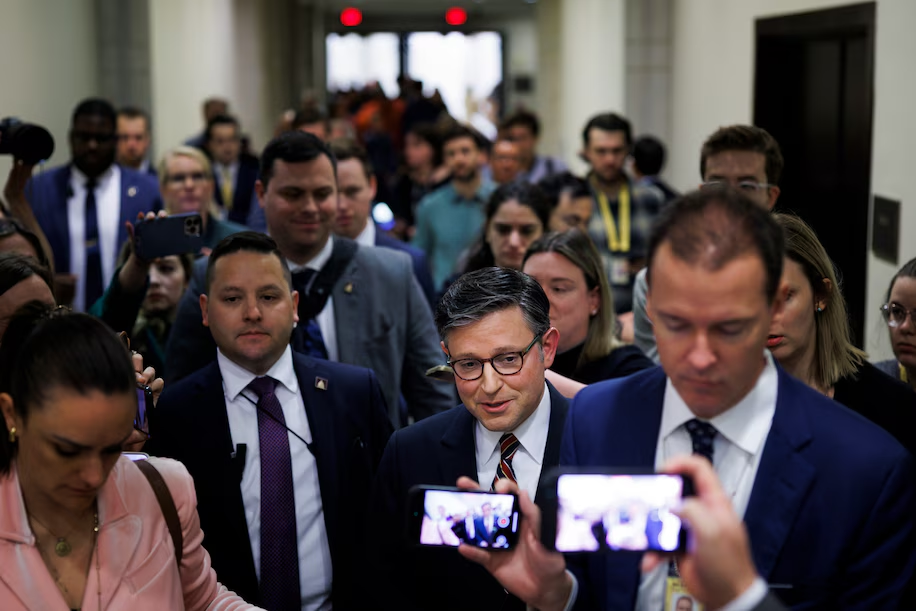Delegates from 32 countries have embarked on a high-profile solidarity march towards Gaza, demanding an immediate end to Israel’s blockade and what they have termed the ongoing genocide of the Palestinian people. The march, involving political figures, human rights activists, scholars, and journalists, is part of a growing international movement to pressure Israel to lift its siege and halt military actions in the besieged enclave.
The delegation gathered in Egypt and proceeded toward the Rafah border crossing, calling on the international community to take urgent action. Organized by a coalition of pro-Palestinian groups and international rights organizations, the mission includes representatives from countries across Asia, Africa, Europe, and Latin America.
“This is a moral and humanitarian obligation,” said former South African MP Ronnie Kasrils, one of the prominent figures leading the initiative. “We are here to say that the world sees what is happening in Gaza, and it must stop now.”
The march comes as the humanitarian crisis in Gaza reaches unprecedented levels. More than 35,000 Palestinians have been killed since the start of the Israeli military campaign in October 2023, according to Gaza’s Health Ministry, with tens of thousands more injured. Israeli air and ground operations, combined with a complete blockade on food, fuel, and medical supplies, have pushed the region to the brink of collapse.
Several delegates described the situation in Gaza as “worse than apartheid,” drawing comparisons with historical oppression in South Africa, Algeria, and other formerly colonized nations. “This is not a conflict — this is colonization and systematic extermination,” said an Algerian academic in the group. “The siege must end, and so must the complicity of powerful states that enable this.”
While the march is largely symbolic, its organizers hope to draw significant global attention and force diplomatic discussion at the United Nations and other international forums. The group has called for an immediate ceasefire, full access for humanitarian aid, and sanctions against Israel until it complies with international law.
Efforts to reach Gaza through Rafah have been repeatedly hindered. Egyptian authorities have imposed strict control over access to the border, citing security concerns and ongoing negotiations with Israel. Delegates have urged Egypt to open the crossing for humanitarian purposes and allow the group to complete their mission.
Among the participating nations are Brazil, Turkey, South Africa, Malaysia, Indonesia, Nigeria, Chile, and Ireland. The diversity of the delegation underscores the growing global consensus that the situation in Gaza requires urgent intervention. Many of the delegates carried national flags and placards reading, “Lift the Siege,” “Stop the Genocide,” and “Gaza Will Never Die.”
The march also follows widespread demonstrations across global capitals in support of Gaza, with millions taking to the streets in recent months. Human rights groups have increasingly accused Israel of war crimes, citing indiscriminate bombings, attacks on aid convoys, and the deliberate targeting of civilian infrastructure.
Israel continues to justify its actions as a campaign to eliminate Hamas, which it considers a terrorist organization. Israeli officials have dismissed genocide accusations as propaganda and have accused international delegations of ignoring the role of militant groups in prolonging the conflict.
However, legal experts and former UN officials have echoed concerns raised by the Gaza marchers. Former UN Special Rapporteur Richard Falk stated, “The continued siege and indiscriminate violence against civilians amounts to collective punishment — a grave breach of international humanitarian law.”
In Gaza, the march has been welcomed with cautious hope. Local leaders expressed gratitude for the international attention and solidarity, while also emphasizing the urgency of material support such as food, water, and medical supplies.
As the delegates continue their journey toward Gaza, they face logistical and diplomatic hurdles, but remain steadfast in their goal. “We will not be silenced,” said one delegate. “The people of Gaza are not alone, and we are here to amplify their cry for justice.”
Source; Middle East Monitor



